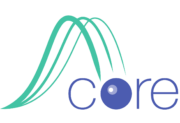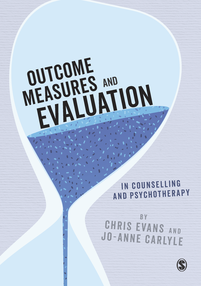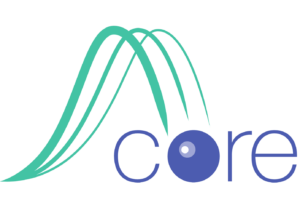This post is available in: English Français (French), there may also be a subsite in your language, see "Subsites" in the top menu.
Info en français cliquez sur le drapeau français dans le menu ci-dessus.
A translation of the CORE-OM into French was co-led by Professor Stacey Callahan of the Centre d’études et de recherche en psychopathologie et santé (CERPPS) from the University of Toulouse (Université Toulouse, Jean Jaurès). Professor Callahan, who speaks excellent French, was working closely with many of her native French speaking colleagues so huge thanks here to Katia Duperon, Kevin Chassangre, Marianne Tennessel, Aminata O’Reilly, Emilie Bourgoin, Benoit Monié, Frédéric Chapelle, Christophe Giocanti-Belmonte, Christine Feral and Anna Waryzniak.
The outcome was that an approved translation of the CORE-OM (and hence the short forms) into French has been completed and feedback from Francophone Swiss and Canadians has so far uniformly said that it is entirely satisfactory for use in those countries too.
Pressure of work on Professor Callahan and myself has prevented a psychometric exploration being led out of Toulouse but I know that the translation is about to be used in a substantial service in Quebec with agreement to for collaboration in an exploration of the psychometrics of that routine clinical dataset so I am hoping that this will come to fruition in 2020 or 2021. I believe that the measure is in use in Switzerland and in some services in France.
Visiting professor in Toulouse February 2020
I was lucky enough to have an invited professorial visit to the University of Toulouse this month and will explore prospects for further work with the French translation of the CORE-OM and approved short forms while I am there. If you are interested in joining that, do contact me (CE). My French is terrible, but with a bit of Google translate assistance, is usually good enough to cope with short Emails in French. I am also interested in finding someone to co-lead translation of the YP-CORE and LD-CORE into French.
Download forms
French is a language in which questionnaires are gendered so there are male and female versions and unisex versions for the scenario, probably only in research, in which they might be given out in piles to a mixed group of potential participants.
- PDFs of all the forms in one zip file (2.1Mb)
- Female versions
- Male versions
- Unisex versions
Depending on your web browser, clicking on that will either open it, in which case you should be able to save it from there, or will offer to download it for you (or it may just download it to its default download location). Downloading means you accept the licence on the measure, see copyright and licensing information.
Page first created 1/1/15 for the original site, last updated 16/2/24. Link to page in French added 6/4/20.


